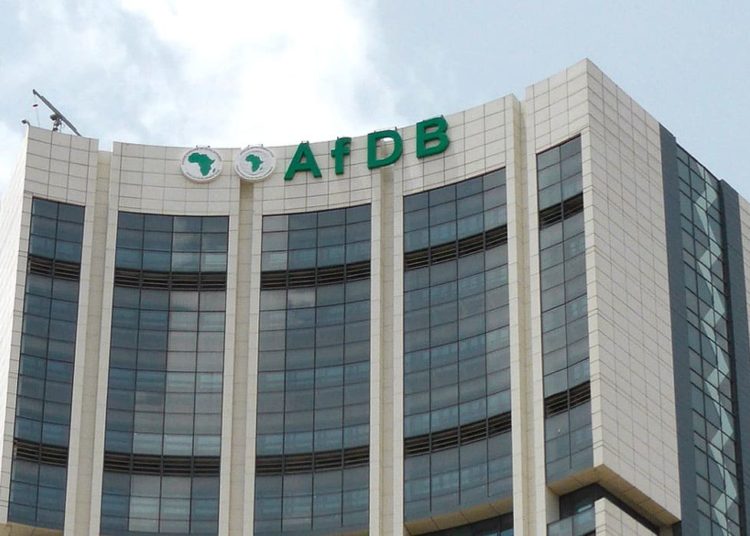The African Development Bank, (AfDB) in partnership with the Islamic Development Bank, (IDF) Federal Government of Nigeria and the Abia State, has launched the Abia State Integrated Infrastructure Development Project.
The project is a transformative $263.8 million initiative to modernise urban infrastructure, enhance mobility, and promote inclusive, climate-resilient development, according to a statement that was issued by the AfDB yesterday.
The project is designed to address critical infrastructure gaps in urban transport, erosion control and waste management which have long constrained mobility, public health and economic productivity in the cities of Umuahia and Aba in Abia State.
The AfDB is contributing $115 million to the project, including $100 million from its ADB window and $15 million from the Canada-AfDB Climate Fund (CACF). The IDF is co-financing with $125 million, while the Nigerian government is providing $23.8 million in counterpart funding.
The project will rehabilitate more than 248 kilometres of roads in the cities of Umuahia and Aba, restore two erosion sites, and catalyse private sector investment in solid waste management through public-private partnerships, AfDB stated.
Abia State, like many rapidly growing regions, has faced mounting infrastructure challenges driven by urban expansion, environmental pressures and limited investment over time.
Cities such as Umuahia and Aba are contending with aging roads, erosion threats, and strained waste systems. This project signals a decisive shift toward integrated, climate-resilient urban development that supports inclusive growth and long-term sustainability.
Speaking at the launch, governor of Abia State, Alex Otti said the initiative marked a defining moment in the state’s infrastructure renewal agenda: “The fruits of development are richer when supported by partners who believe in your vision. We are focused on raising living standards, expanding access to education and healthcare, and driving economic productivity. Investor confidence is growing, public optimism is rising, and Abia is emerging as a destination of choice for opportunity and impact.”
The project is expected to generate over 3,000 temporary jobs during the construction phase, with 30 per cent reserved for women, and approximately 1,000 permanent jobs during the operational phase. A key feature of the project is its focus on youth employment and skills development: 50 percent of the permanent roles will go to young people, who will be trained through the State Youth Road Maintenance Corps—a cadre of local engineers drawn from all 17 Local Government Areas of Abia State.
Assistant director at the International Economic Relations Department of the Federal Ministry of Finance, Akande Oyebola, reaffirmed the government’s support: “This initiative represents a significant milestone in our collective effort to drive economic growth, strengthen infrastructure, and improve the quality of life for the people of Abia State.”
Also, director general of the AfDB Nigeria country department, Dr. Abdul Kamara, commended the leadership of the federal and state governments. “This project is rooted in partnership, ambition and long-term impact,” he said. “At its core, this project is about lives, it is about reducing travel time by half, increasing incomes, improving access to schools and hospitals, and creating space for entrepreneurs, particularly women and youth, to thrive.”
Beyond the physical infrastructure, the project incorporates comprehensive social and environmental safeguards. These include training for women and youth entrepreneurs, resettlement support, HIV/AIDS and STI awareness campaigns, and strengthened systems for procurement and financial management.
Abia State commissioner for Works, Otumchere Oti, reaffirmed the state’s commitment to accountable delivery.
“Today we reassure all stakeholders, our development partners, contractors, communities, and government institutions, that implementation will be guided by diligence, transparency, and accountability. Our monitoring mechanisms are robust, and our resolve is strong. This is a defining moment for Abia State, and we shall rise to it with determination and unity,” he said.
The AfDB said it would provide technical support, capacity building, and close implementation supervision through its Nigeria Country Department and sector teams.
The launch of the Abia State Integrated Infrastructure Development Project marks a key milestone in the Bank’s commitment to advancing Nigeria’s development priorities through inclusive, sustainable infrastructure investment.





